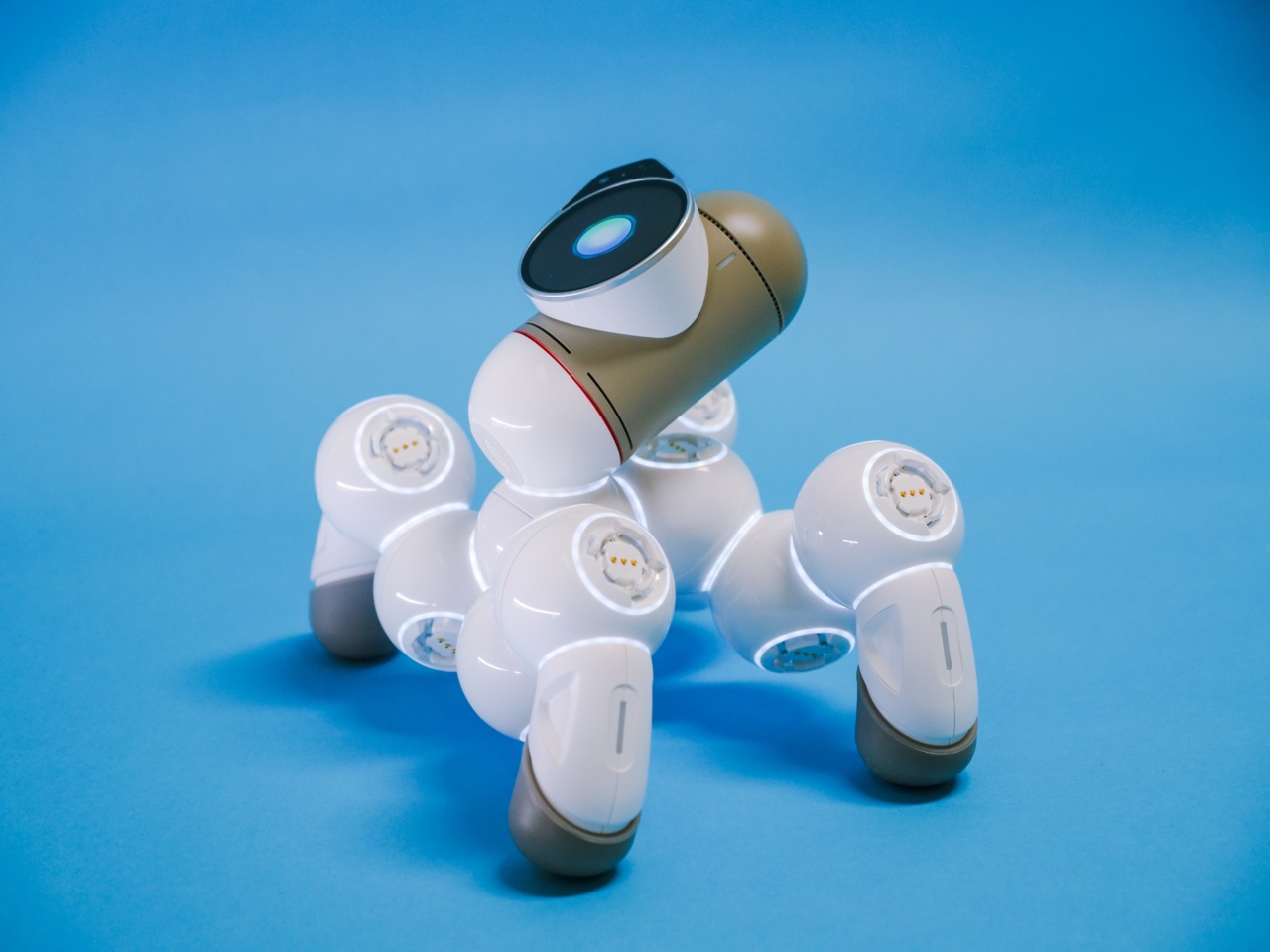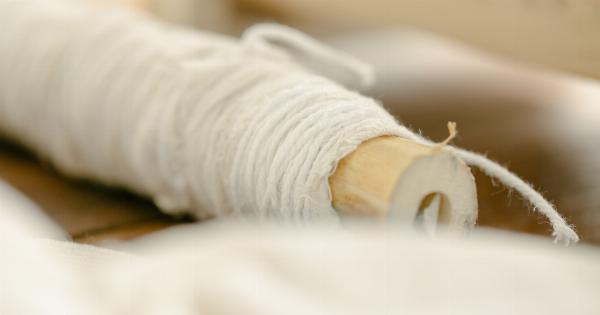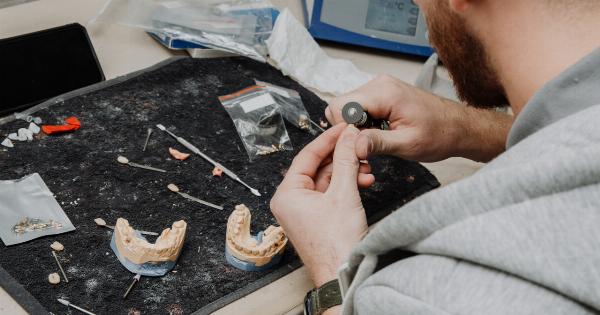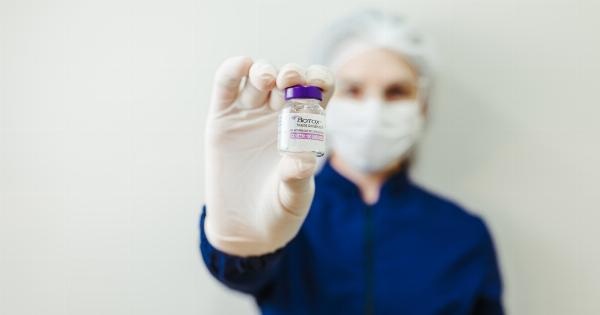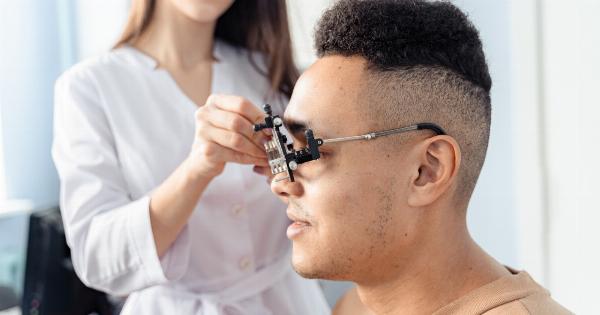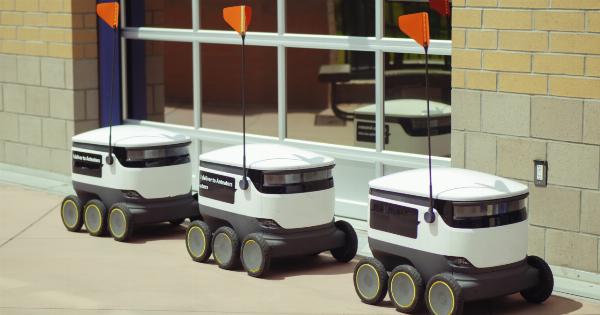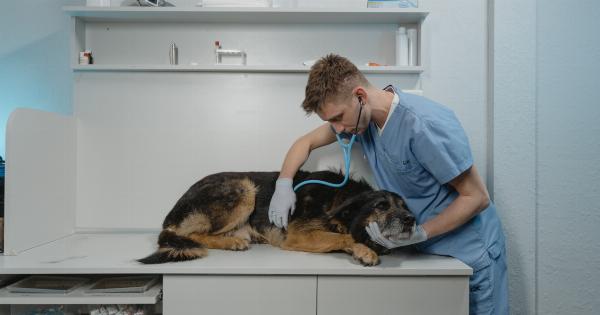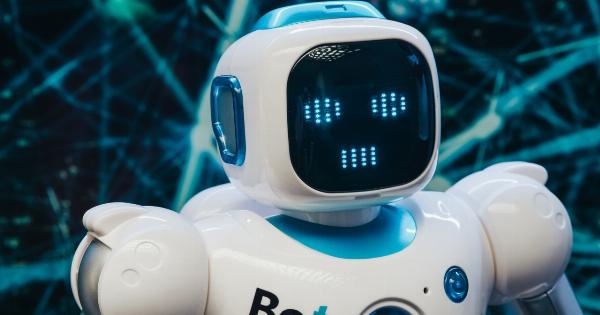Robotic surgery has revolutionized the medical field with its minimally invasive procedures, precision, and efficiency. Over the years, technological advancements have enabled surgeons to perform complex surgeries with greater accuracy and less trauma.
One such development is the use of diodes in robotic surgery, which has further improved the outcomes for patients and surgeons. In this article, we will explore the advancements and benefits of diode-assisted robotic surgery.
What are diodes in robotic surgery?
Diodes are semiconductor devices that convert electrical energy into light. In robotic surgery, they are used to deliver laser energy to the surgical site to precisely cut or coagulate tissues.
The light generated by diodes has a high degree of precision and accuracy, which makes it ideal for delicate surgical procedures.
The Advancements of Diode-assisted Robotic Surgery
Precision in Surgery
Diode-assisted robotic surgery offers a high degree of precision in cutting and coagulating tissues. The laser energy generated by diodes is focused on a small area, allowing surgeons to make precise cuts and avoid damage to surrounding tissues.
This is particularly beneficial for surgeries in sensitive areas, such as the brain, where even the slightest error can have catastrophic consequences.
Minimally Invasive Procedures
Diode-assisted robotic surgery is minimally invasive, which means that patients experience less trauma, reduced pain, and a faster recovery time.
The laser energy generated by diodes is less traumatic than traditional surgical tools, resulting in smaller incisions, less scarring, and reduced blood loss. This makes it an ideal option for patients who want to return to their normal activities quickly and undergo surgery with minimal discomfort.
Reduced Risk of Infection
Diode-assisted robotic surgery reduces the risk of infection due to its minimally invasive nature. The smaller incisions and reduced trauma to the tissues mean that there is less chance of bacterial contamination, reducing the risk of infection.
This is particularly important for patients with compromised immune systems, who are more susceptible to infections.
The Benefits of Diode-assisted Robotic Surgery
Reduced Hospital Stay
Diode-assisted robotic surgery reduces the time spent in the hospital. Patients can be discharged within a few hours of the surgery, reducing the overall cost of the procedure.
This is particularly beneficial for patients who have to travel long distances for the surgery, as they can return home soon after the procedure.
Quick Recovery Time
Diode-assisted robotic surgery offers a faster recovery time than traditional surgery.
Patients can return to their normal activities within a few days of the surgery, reducing the downtime and allowing them to resume their regular routines more quickly. This is particularly useful for patients who have busy schedules and cannot afford to take extended time off work or other obligations.
Minimal Scarring
Diode-assisted robotic surgery results in minimal scarring, as the laser energy generated by diodes is less traumatic to the tissues. This is particularly beneficial for patients who are concerned about the cosmetic appearance of the surgical site.
Less Pain
Diode-assisted robotic surgery results in less pain than traditional surgery, as the laser energy generated by diodes is less traumatic and less invasive.
This reduces the need for pain medication, reducing the risk of side effects and allowing patients to return to their regular routines more quickly.
Improved Surgical Outcomes
Diode-assisted robotic surgery improves the surgical outcomes, as the high degree of precision and accuracy allows surgeons to perform complex surgical procedures with greater accuracy and success rates.
This is particularly beneficial for surgeries in sensitive areas, such as the brain, where even the slightest error can have catastrophic consequences.
Conclusion
Diode-assisted robotic surgery offers several benefits over traditional surgical procedures, including reduced pain, faster recovery time, and minimal scarring.
The high degree of precision and accuracy offered by diodes allows surgeons to perform complex surgical procedures with greater success rates, improving the outcomes for patients. As technology continues to advance, it is likely that diode-assisted robotic surgery will become even more prevalent in the medical field, offering better outcomes and fewer complications.
